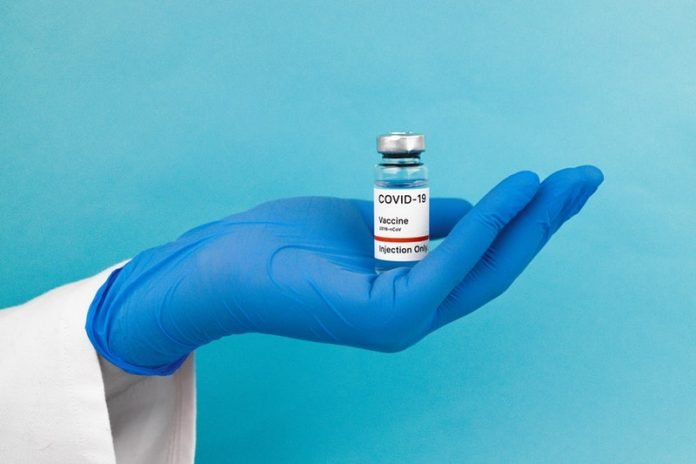
In a new study from the University of Tuebingen, researchers created a new COVID vaccine that can induce an immune response through white blood cells.
Participants in the trial were between 18 and 80 years old and received a single dose of the vaccine.
The vaccine has shown promise, and it provides new hope for people with compromised immune systems.
The vaccine is known as CoVac-1. It can produce a strong white blood cell—or T-cell—response in all 36 phase one trial participants.
T-cells are white blood cells that attack and neutralize whole infected cells. This is unlike an antibody response, provoked by traditional COVID-19 and other vaccines, which targets specific pathogens within the body directly.
This secondary immune response is potentially vital for patients with suppressed immune systems.
For these people, existing COVID-19 vaccines on the market offer weaker levels of protection against severe disease.
The team says transplant recipients, for example, receive treatment to stifle antibody activity to prevent their bodies from rejecting the life-saving organ.
For them and others such as cancer patients, bypassing the antibody response and targeting T-cells may prove the best way to mount an immune response to COVID-19.
The researchers reported that the strength of the T-cell response provoked by the jab was stronger than that which has been observed through infection with COVID.
The effects of the jab could last up to three months. The very preliminary results support the already ongoing phase two trials being conducted in patients with immunodeficiencies.
If you care about COVID vaccines, please read studies about vaccines beat natural immunity in fight against COVID-19 and findings of COVID-19 vaccine booster dose can reduce infection in those 60 and older.
For more information about COVID vaccines, please see recent studies about COVID-19 vaccine protection is lower and slower in people with liver diseases and results showing that lasting immunity and protection from new single-shot COVID-19 vaccine.
The study is published in Nature.
Copyright © 2021 Knowridge Science Report. All rights reserved.



